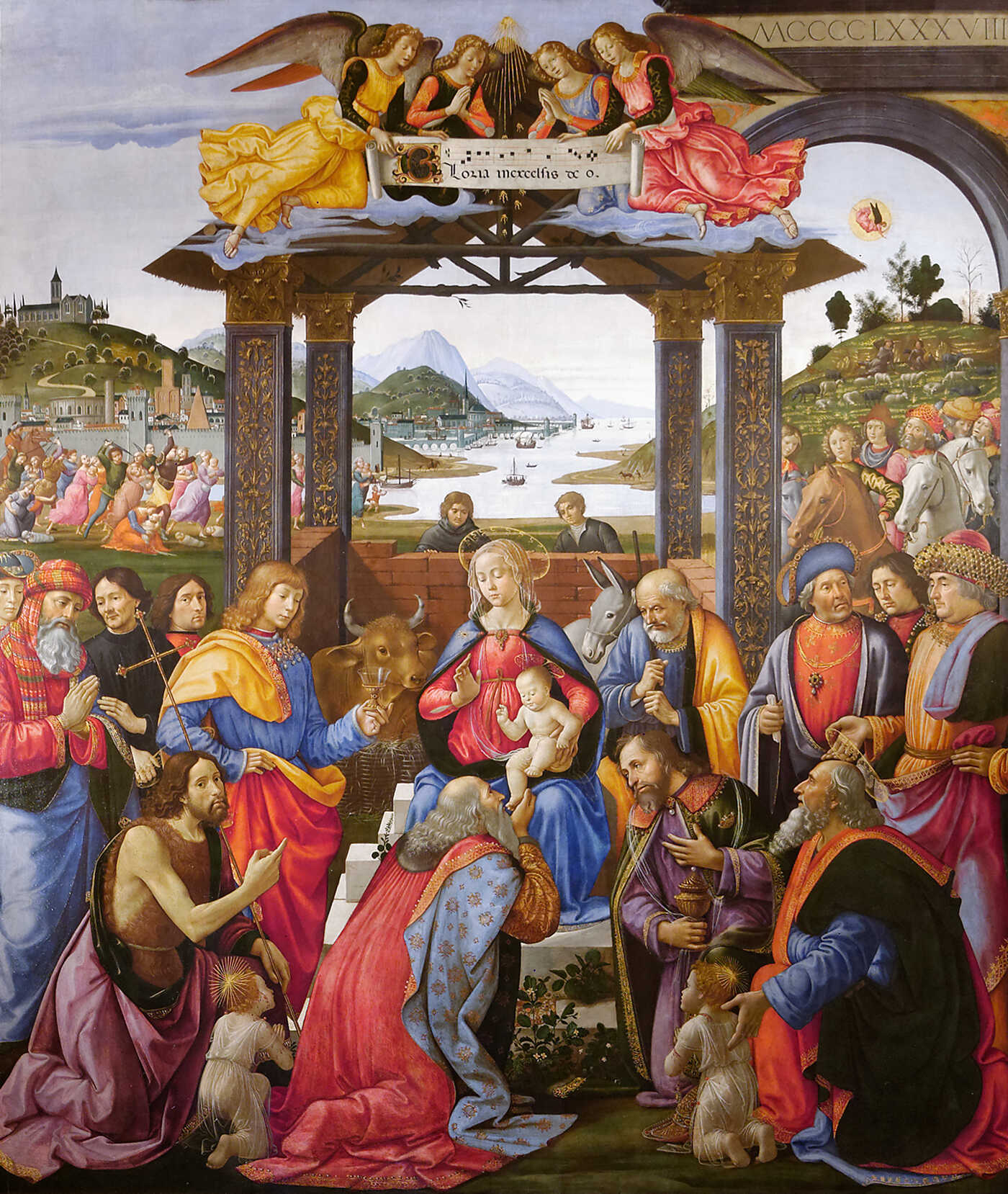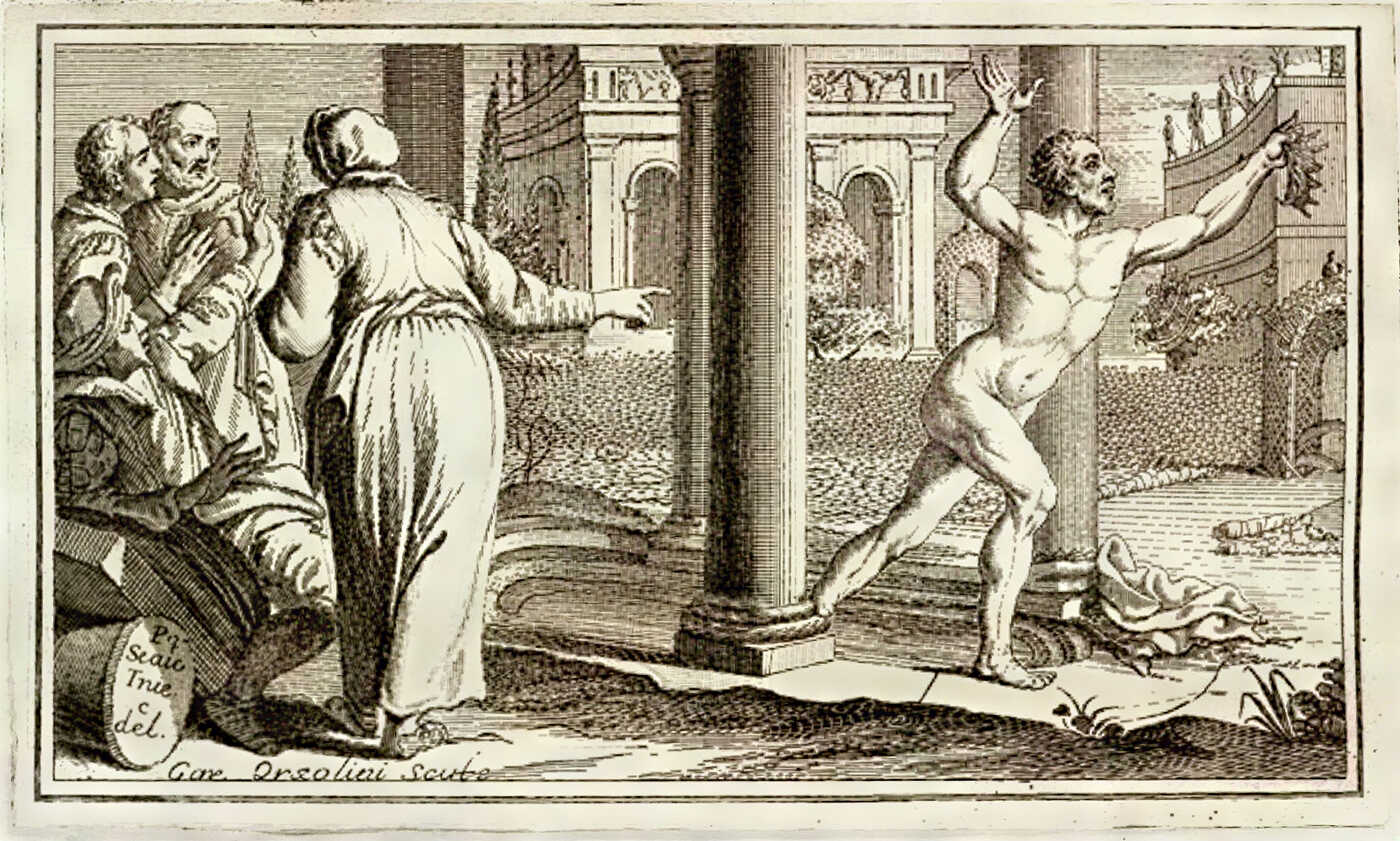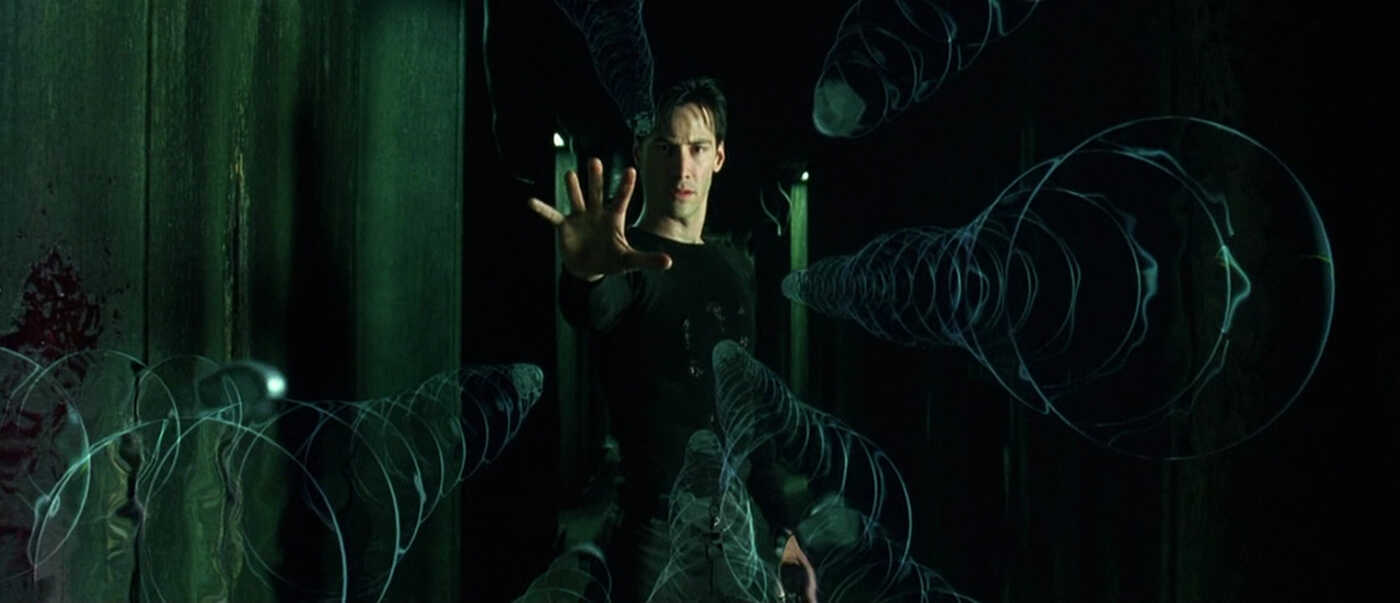You’re sitting alone in a cafe, sipping your coffee while observing the world outside. Suddenly, as if a light bulb has been switched on, a realization hits you. It’s as if a veil has lifted, revealing a profound understanding that was always there, just out of reach. This sudden clarity is what we call an ‘epiphany’ – a moment of insight that can change our perspective and, sometimes, our lives.
What is Epiphany and Its Definition?
First, let’s define epiphany
So, what exactly sparks these transformative moments, and how do they mold our thoughts and actions? How do storytellers use them to reveal truths and concepts in narratives? To begin answering these questions, let's look into the epiphany meaning and definition.
EPIPHANY DEFINITION
What is an epiphany?
An 'Epiphany', derived from the Greek word 'Epiphaneia', means 'manifestation' or 'appearance'. In a broader context, it refers to a sudden, intuitive perception or insight into the reality or essential meaning of something, usually initiated by some ordinary occurrence or experience. It's like the sudden flash of understanding that solves a problem, unpicks a complicated situation, or illuminates a previously murky concept.
Often described as a 'Eureka moment', an epiphany can appear abruptly, bringing with it a deep sense of enlightenment and clarity. It is these moments that can lead to innovative ideas, inspire creative endeavors, or instigate significant changes in one's life. In the following sections, we will explore the triggers, characteristics, and impacts of these fascinating moments of insight.
What is Epiphany in History?
The Origin Epiphany
The concept of 'epiphany' has a rich history, tracing its roots back to ancient Greece. The term was initially used in religious contexts to denote the manifestation of a deity to the mortal world. Notably, in Christianity, 'Epiphany' is a significant religious holiday that celebrates the manifestation of Christ to the Gentiles, as represented by the Magi.

Epiphany • Catholicism
However, the Enlightenment era saw a shift in the use of the term, extending its meaning beyond the religious sphere. The 18th century, known for a heightened quest for knowledge and understanding, had philosophers and thinkers experiencing their own 'epiphany moments'.
This period gave prominence to the idea of sudden intellectual insight, changing the course of scientific and philosophical investigations. Since then, the term's connotations have continued to evolve, encompassing both spiritual and secular meanings.
What is Epiphany in Psychology?
Epiphany in Psychology
In the realm of psychology, the concept of an epiphany refers to those lightning-bolt moments of realization that often lead to significant changes in our beliefs or actions. These moments of sudden clarity often come when we least expect them, solving problems that seemed insurmountable or providing insights into our own behavior.
In a study by Kounios and Beeman, published in Psychological Science, it was found that the 'Eureka moment' is marked by increased activity in the right temporal lobe of our brain – an area associated with insight and cognitive restructuring. This sudden boost in neural activity in a specific region of the brain could explain why epiphanies feel so powerful and instantaneous.
For example, you might have struggled for weeks with a complex issue at work. Then, while taking a leisurely walk in the park, the solution suddenly becomes clear. That's an epiphany. It's like your subconscious mind has been quietly working on the problem all along, and when it finds the answer, it thrusts it into your conscious mind.
Types of Epiphany
Epiphanies in History
Throughout history, there have been numerous instances of individuals experiencing sudden and profound moments of understanding. A classic example can be seen in the life of Archimedes, a Greek mathematician and inventor.
As he took a bath one day, he noticed that the water level rose as he got in. This observation led to his famous 'Eureka moment' when he realized that an object's volume could be measured by its displacement of water. This discovery revolutionized the field of mathematics and physics.

What is Epiphany in History? • Archimedes
Another example of a historical epiphany is Sir Isaac Newton's apple incident. As the story goes, he was sitting under an apple tree when an apple fell on his head. This seemingly ordinary event led to a moment of sudden insight into gravity and its universal application.
Epiphany Literary Term
Epiphanies in Literature
Epiphanies have also been extensively used as a literary device. One of the most famous examples comes from Charles Dickens' A Christmas Carol. The main character, Ebenezer Scrooge, experiences a series of epiphanies through visits from various spirits. These revelations lead him to understand the consequences of his miserly ways and inspire him to become a more generous and compassionate person.
James Joyce, the famous Irish novelist, borrowed the term to describe a sudden moment of self-realization experienced by a character. In his works, an epiphany signifies a moment of profound insight that changes a character's perception of themselves or their surroundings.
The best example of this, perhaps, is in the protagonist of Joyce's A Portrait of the Artist as a Young Man. Through a series of epiphanies, he gradually understands his calling as an artist.
What is Epiphany in Cinema?
Epiphanies in Film
Even in popular culture, we can find examples of epiphanies. Consider the 1999 cult classic The Matrix. The protagonist, Neo, has a moment of sudden understanding that his reality is not what it seems, leading him to break free from the illusion and fight for the truth.

The Matrix • Cinematic Epiphany
Another example of an epiphany in film is Fight Club, where the protagonist has a shocking epiphany about his own identity that completely changes the direction of the plot and his perspective on life. This epiphany in Fight Club also serves as an epiphany for the audience, leading to one of the most memorable plot twists in cinema history. Epiphany in cinema has become a popular trope, with many films utilizing the concept to create impactful and unexpected plot twists.
Epiphanies, whether they occur suddenly or gradually, in profound or simple ways, serve as catalysts for change. Whether experienced by historical figures, fictional characters, or ordinary individuals, epiphanies all share a common thread: clarity can sometimes come in an instant, reshaping our understanding and illuminating a new path forward.
Up Next
What is Conflict in a Story?
Epiphanies have the power to ignite transformative change, both in real life and in fiction. They bring about a profound shift in understanding that can alter the course of a story.
But let's not forget the role of conflict—a formidable force that also drives change and shapes narratives. In our upcoming article, we'll delve into the significance of conflict and its impact on storytelling.
